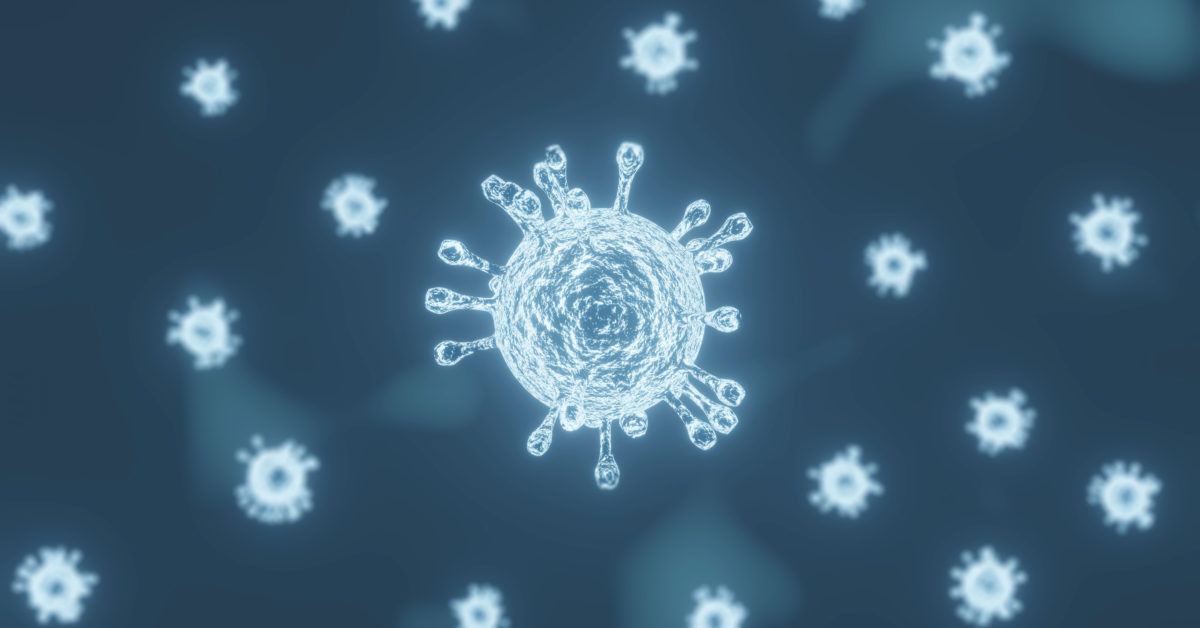Research shows that a new variant of SARS-CoV-2, which is now the dominant form of the virus, is more infectious in cell cultures. However, clinical data suggest that the variant does not cause more severe illness.

All viruses mutate, and the new coronavirus, SARS-CoV-2, is no exception. As an RNA virus, the new coronavirus is highly prone to mutation, partly because the replication enzymes of RNA viruses make more mistakes when copying genetic material.
Although the virus is mutating slowly, scientists had raised concerns that some of the mutations could make the virus more infectious.
One mutation in particular – D614G – has been a focus of concern, as it occurs in the spike protein of the virus. This site is important because it is the spike protein that attaches to host cells and eventually leads to their infection.
Stay informed with live updates on the current COVID-19 outbreak and visit our coronavirus hub for more advice on prevention and treatment.
D614G refers to a change in the amino acid (from D to G) in position 614, and people may also refer to it as the G614 variant.
Over a month, the G614 variant became the dominant form of SARS-CoV-2 around the world. There is evidence of G614 mainly in Europe in February, and by April, it had overtaken the original D614 form worldwide.
The rapid domination of this variant suggests that it may give the virus an advantage, increasing its infectiousness. To evaluate this, a team of researchers led by Los Alamos National Laboratory (LANL) near Santa Fe, NM, tracked global patterns of the G614 variant and performed experiments in cells.
Their results confirmed that the G614 variant is more infectious but, fortunately, is not associated with a more severe form of COVID-19.
The team’s findings appear in the journal Cell.
The G614 variant first piqued the study team’s interest in April, when they noticed a repeated pattern across the globe.
Bette Korber, a theoretical biologist at LANL and lead author of the study, explains, “All over the world, even when local epidemics had many cases of the original form circulating, soon after the D614G variant was introduced into a region, it became the prevalent form.”
Korber’s team develope

